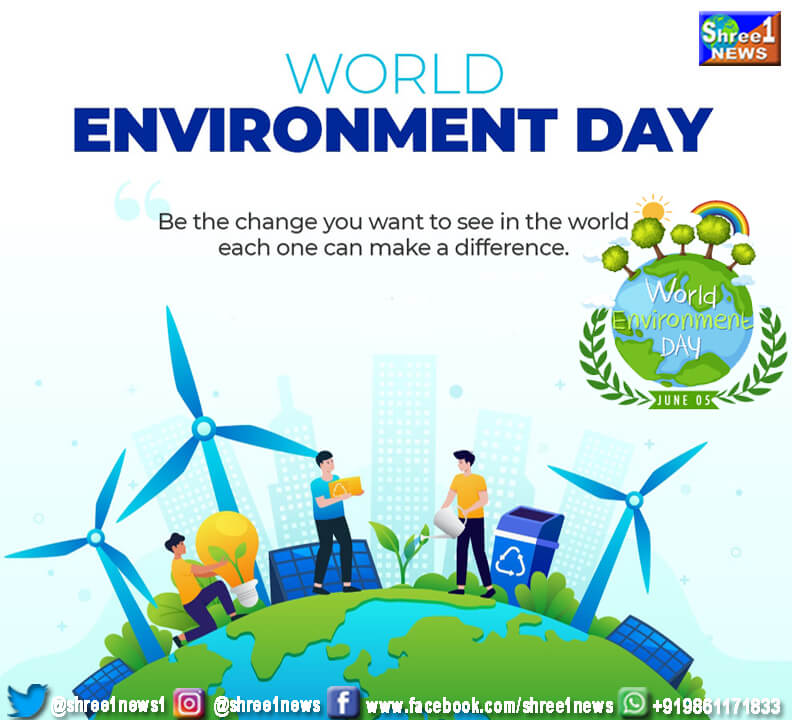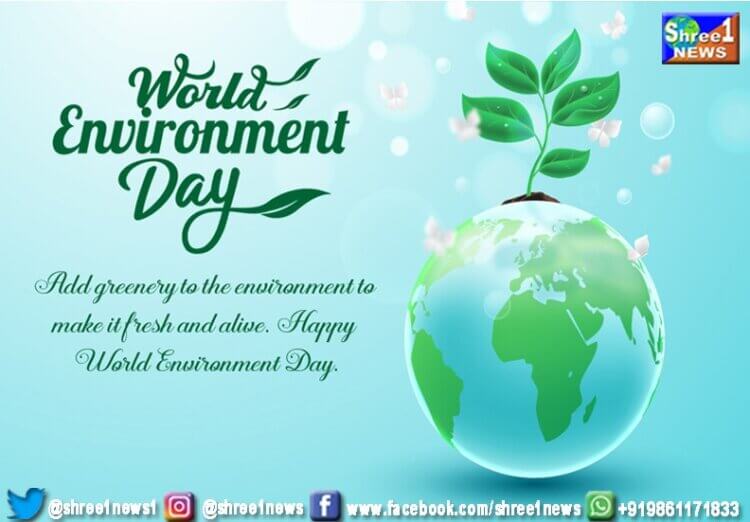The World Environment Day is a global event held every June 5th. It falls on Monday this year, and it also celebrates the 50th anniversary of World Environment Day. The global community is encouraged to raise awareness and take action for environmental conservation on this day. Many non-governmental organizations, corporations, and government agencies support the cause. Furthermore, World Environment Day is the United Nations outreach day for raising global awareness and support for the environment. Continue reading to learn about the history, significance, and subject of the day this year.

Theme and Host
World Environment Day is the largest global forum for environmental public outreach, and millions of people around the world celebrate it. According to the World Environment Day official website, the theme of June 5, 2023, will focus on solutions to plastic pollution under the campaign #BeatPlasticPollution. Côte d’Ivoire will host this year.
The Dutch government is sponsoring World Environment Day this year. The country is one among those taking bold action along the plastic lifecycle. It has signed the Global Commitment to the New Plastics Economy and is a member of the Global Partnership on Plastic Pollution and Marine Litter.
History and Significance
The United Nations Environment Programme (UNEP) established World Environment Day on June 5, 1973, during the Stockholm Conference on the Human Environment. The theme was ‘Only One Earth’ at the time. World Environment Day strives to unite millions of people from all over the world in the battle to protect and restore the environment.
According to the UN, “more than 400 million tonnes of plastic is produced every year worldwide, half of which is designed to be used only once. Of that, less than 10 per cent is recycled. An estimated 19-23 million tonnes end up in lakes, rivers and seas annually. Microplastics find their way into food, water and air. It is estimated that each person on the planet consumes more than 50,000 plastic particles per year –and many more if inhalation is considered.”

To keep global warming under control, we must cut annual greenhouse gas emissions in half by 2030. Without action, exposure to air pollution above permissible levels would grow by 50% within a decade, and the amount of plastic debris entering aquatic environments will quadruple by 2040. The problem necessitates quick action. As a result, this year, governments, businesses, and other stakeholders must scale up and accelerate efforts to address the crisis using current research and solutions.
Source:HT







 Finance
Finance







